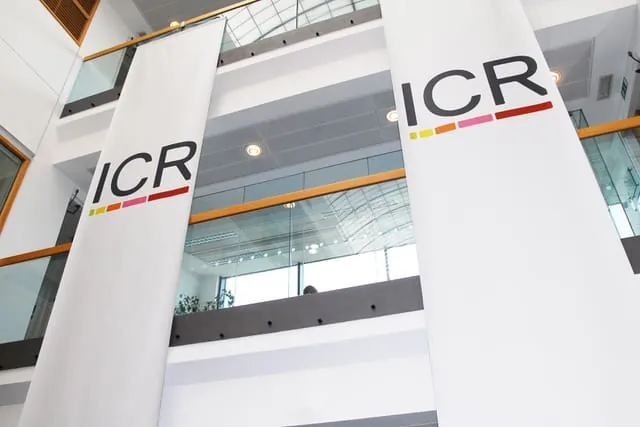
Breakthrough Discovery: New Drug Target for Advanced Prostate Cancer Patients Uncovered!
2024-09-20
Breakthrough Discovery for Advanced Prostate Cancer
Researchers from the Institute of Cancer Research (ICR) have made a groundbreaking discovery that could revolutionize treatment for advanced prostate cancer patients. Their study reveals that high levels of the BCL2 protein are linked to significantly poorer outcomes for those diagnosed with metastatic castration-resistant prostate cancer (mCRPC).
Significant Findings Published
Published in the Journal of Clinical Investigation, this important research indicates that BCL2, a protein that prevents cell death, could serve as a pivotal drug target. This finding is crucial as it helps to identify which patients are likely to develop resistance to conventional hormone therapies.
Prostate Cancer Statistics in the UK
In the UK alone, about 55,100 new cases of prostate cancer emerge every year, with estimates suggesting that around 10% of these patients exhibit elevated levels of BCL2. Analyzing 427 biopsies from 245 mCRPC patients, the researchers uncovered alarming statistics: patients with increased BCL2 levels had an average overall survival of just 20.4 months from diagnosis, while those with lower levels of this protein enjoyed a significantly longer survival of 53 months.
Hormone Therapy Response Rates
Additionally, the response to common hormone therapies such as enzalutamide and abiraterone revealed a stark contrast. Only 12.5% of patients with high BCL2 levels showed a reduction of over 50% in prostate-specific antigen (PSA) levels, compared to nearly half (47.6%) of those with lower BCL2 expression. This disparity suggests that patients with high BCL2 could benefit more from treatment with docetaxel chemotherapy instead.
Expert Opinion
Adam Sharp, the leader of the translational therapeutics group at ICR and an honorary consultant medical oncologist at the Royal Marsden NHS Foundation Trust, emphasized the urgency for new treatments. 'We urgently need new treatments to help improve the quality and quantity of life for patients living with advanced prostate cancer,' he stated. Sharp added that there is a significant disparity in treatment outcomes based on BCL2 expression, indicating a need for personalized approaches to therapy.
Ongoing Research and Trials
The research team, funded by notable organizations such as the Wellcome Trust and Cancer Research UK, further explored targeting the BCL2 protein family. Their initial studies indicate the most promising anti-tumor responses occurred when multiple BCL2 proteins were simultaneously targeted. Excitingly, a clinical trial is already underway that evaluates the BCL2 inhibitor venetoclax—currently approved for specific leukemia types—administered alongside enzalutamide for prostate cancer patients.
Future of Prostate Cancer Treatment
This discovery opens the door to potentially transformative treatment strategies for prostate cancer, providing hope for countless patients who currently face limited options. As researchers continue to investigate the intricacies of BCL2 and its implications for therapy, the future of prostate cancer treatment may be on the brink of a significant evolution. Stay tuned for updates on this exciting journey in cancer research!






 Brasil (PT)
Brasil (PT)
 Canada (EN)
Canada (EN)
 Chile (ES)
Chile (ES)
 España (ES)
España (ES)
 France (FR)
France (FR)
 Hong Kong (EN)
Hong Kong (EN)
 Italia (IT)
Italia (IT)
 日本 (JA)
日本 (JA)
 Magyarország (HU)
Magyarország (HU)
 Norge (NO)
Norge (NO)
 Polska (PL)
Polska (PL)
 Schweiz (DE)
Schweiz (DE)
 Singapore (EN)
Singapore (EN)
 Sverige (SV)
Sverige (SV)
 Suomi (FI)
Suomi (FI)
 Türkiye (TR)
Türkiye (TR)